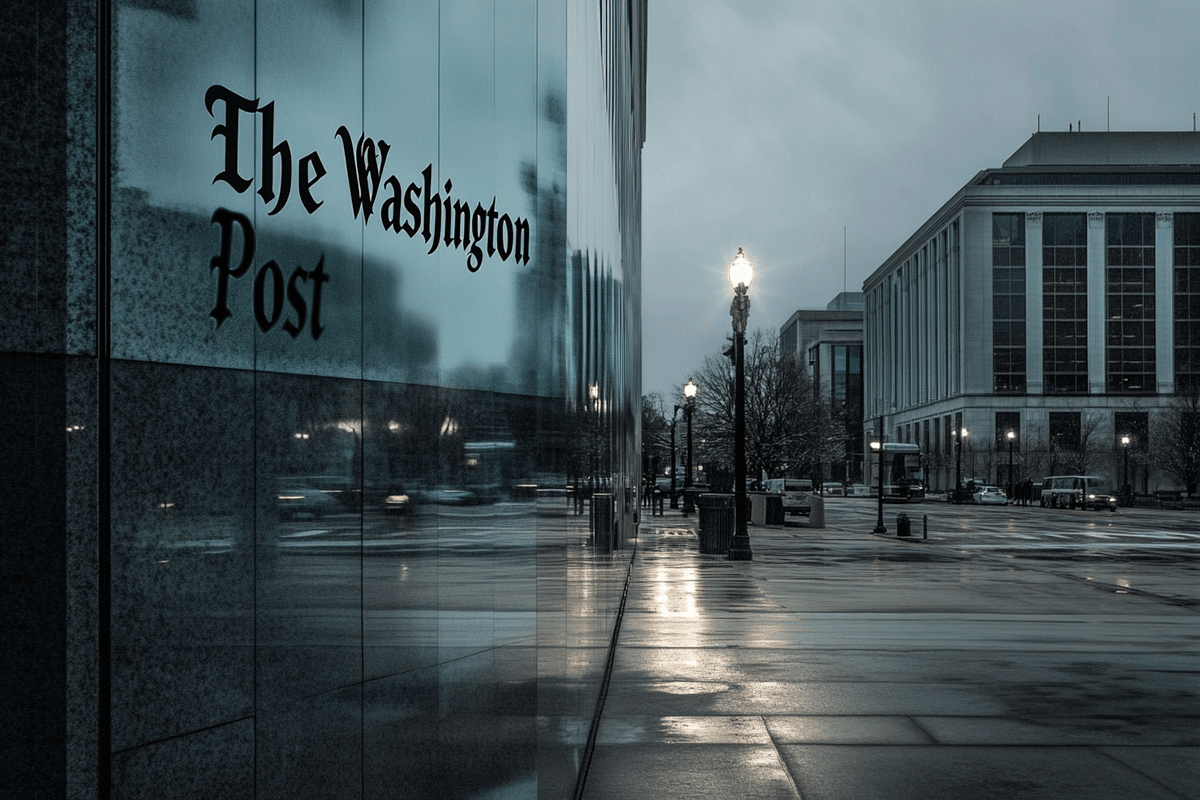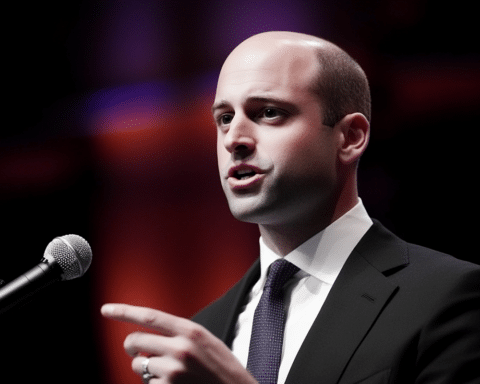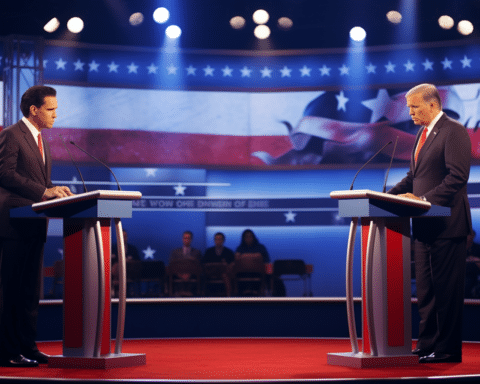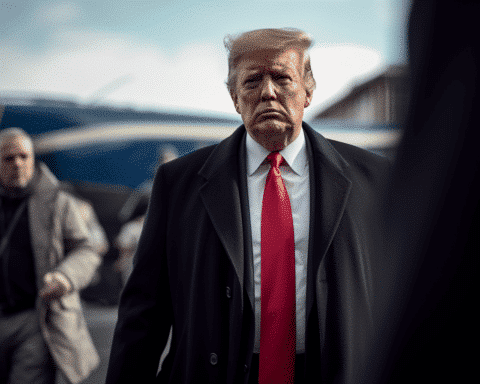The Washington Post has faced significant backlash after announcing it would not endorse a presidential candidate ahead of the upcoming election, resulting in over 250,000 readers canceling their subscriptions. This unexpected move, which broke with decades of tradition, has led to the loss of roughly 10% of the newspaper’s digital subscribers, with cancellations escalating rapidly within hours of the announcement.
The announcement, made by publisher Will Lewis less than two weeks before Election Day, was intended to shift the newspaper away from perceived political bias. However, the decision sparked outrage among readers and former staff members, who expressed their disapproval on social media. Some saw it as a strategic move by Jeff Bezos, the newspaper’s owner, to avoid political fallout in the event of a second Trump administration.
High-profile figures, including former Washington Post employees, criticized the decision, which also resulted in three members of the editorial board resigning in protest. Reports indicate that the editorial board had initially drafted an endorsement for Kamala Harris, but the plan was abandoned following internal pressure, allegedly from Bezos.
Amid the controversy, Bezos attempted to address the backlash by writing an op-ed. In it, he acknowledged that the timing of the decision was poorly managed, leading to widespread speculation about the motives behind it. He emphasized that the decision to end endorsements was made internally, without consultation from any campaign or candidate, aiming to restore trust and reduce perceptions of bias within the newspaper.
Bezos also admitted that his involvement with Amazon and Blue Origin, both holding significant federal contracts, complicated perceptions of the newspaper’s independence. This added to the complexity of public reactions, with some interpreting the non-endorsement as a way to maintain neutrality, given Bezos’ business ties with the government.
The situation was further complicated by an unrelated meeting between Trump and Blue Origin executives in Texas on the same day the non-endorsement decision was announced. This meeting, combined with Bezos’ earlier call to Trump following an assassination attempt in the summer, fueled speculation about the newspaper’s political motivations. Bezos denied having prior knowledge of the meeting and rejected any notion of political quid pro quo.
The Washington Post defended the move as a way to reduce perceptions of bias, stating that endorsements can create the appearance of partiality, even if unintended. However, this rationale has not convinced many of its readers or former staff, who see the decision as a retreat from journalistic responsibility during a crucial political moment.
The fallout from the non-endorsement highlights the delicate balance news organizations must strike between editorial independence and maintaining reader trust. Whether the Washington Post will regain its subscribers remains uncertain, but the situation underscores the risks involved when media outlets alter long-standing practices during politically charged periods.
This incident serves as a reminder of the challenges newspapers face in maintaining credibility while navigating complex political landscapes. As the election draws closer, the Post will need to work quickly to manage its reputation and reassure readers of its commitment to unbiased reporting.





